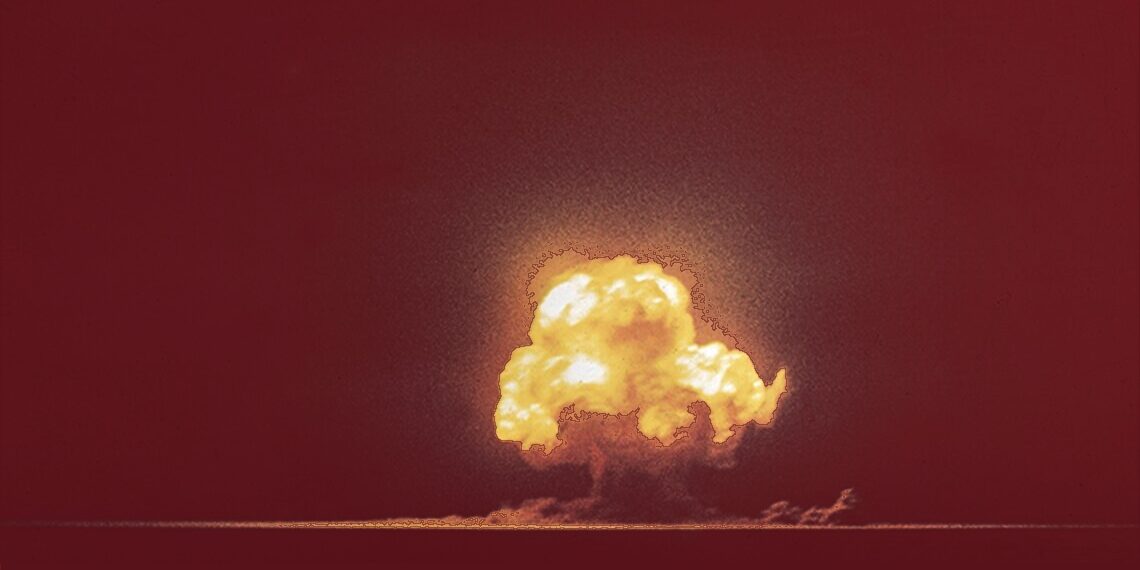Christopher Nolan recently voiced his concerns about the development of artificial intelligence (AI) during a screening of his film “Oppenheimer,” which explores the creation of the atomic bomb. The panel discussion, moderated by Chuck Todd, featured Nolan, along with scientists and authors involved in the project. Nolan expressed unease about the increasing use of terms like “algorithm” without a true understanding of their meaning, particularly within the film industry. He warned of the potential dangers of AI systems controlling nuclear weapons and stressed the importance of holding individuals accountable for their use of these tools.
Nolan’s latest film tells the story of J. Robert Oppenheimer’s involvement in the development of the atomic bomb during World War II. With Cillian Murphy leading the cast, the movie sheds light on Oppenheimer’s role as a theoretical physicist. However, Nolan’s comments on AI come at a time when the entertainment industry faces significant challenges due to labor disputes, with unions like SAG-AFTRA and WGA taking action. One of the main concerns shared by these unions is the impact of AI on labor practices within the entertainment industry.
Highlighting the need for accountability, Nolan argues that technological advancements require a sense of responsibility. He draws parallels between the development of AI and the historical responsibility faced by Oppenheimer and his colleagues. As our understanding of quantum physics and atomic taming evolves, Nolan hopes for ongoing examination and reflection on the potential unintended consequences of new technologies. Silicon Valley is a key player in these discussions, with some individuals acknowledging the significance of this “Oppenheimer moment.”
To further illustrate the points raised, Nolan referred to an article in the New York Times featuring Dr. Geoffrey Hinton, an AI pioneer. In the article, Dr. Hinton expressed regret regarding his work in the field and the potential misuse of AI by bad actors. This highlights the ethical concerns associated with AI development, and parallels some of J. Robert Oppenheimer’s realizations about the atomic bomb.
Despite these concerns, Nolan believes that exploring Oppenheimer’s story can shed light on the responsibilities that come with scientific advancements. It prompts individuals to consider accountability and the potential consequences of their actions. As Nolan’s film “Oppenheimer” approaches its release date, it encourages audiences to reflect on the importance of responsible innovation and the need to address the moral implications of emerging technologies.
As Universal Pictures prepares to release “Oppenheimer” in theaters on July 21st, Nolan’s cautionary words serve as a reminder that advancing technology should always be accompanied by conscious and ethical decision-making.
The whytry.ai article you just read is a brief synopsis; the original article can be found here: Read the Full Article…





